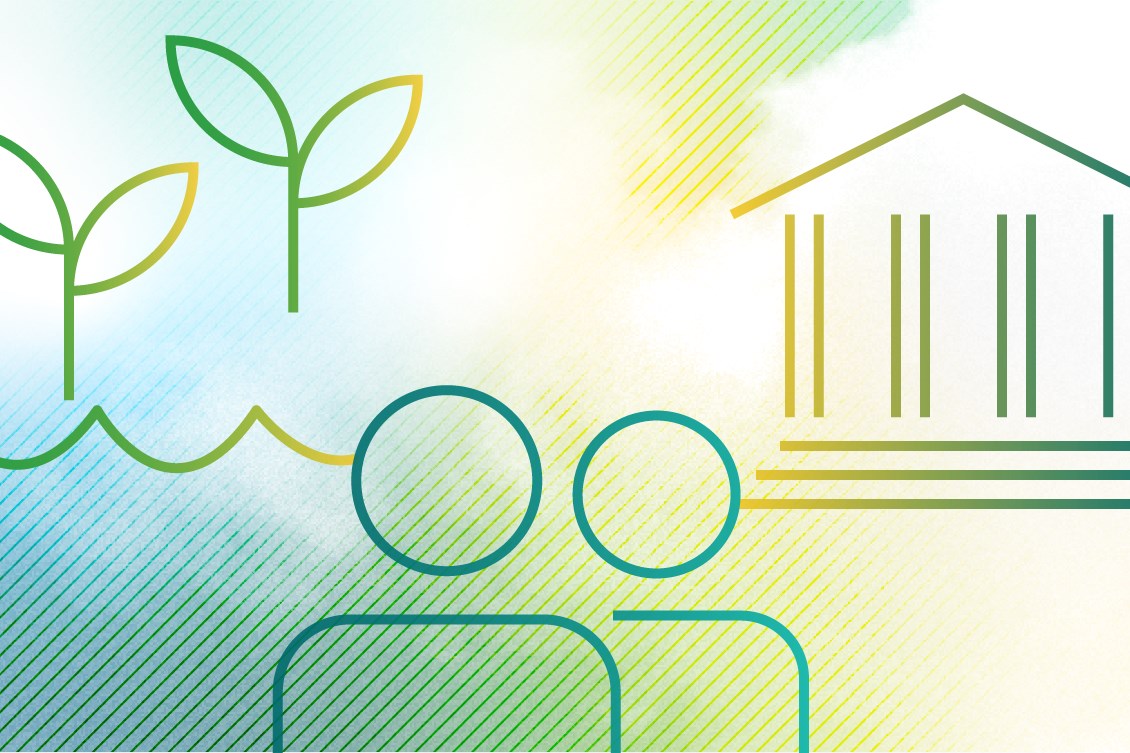
Climate change has shot up the agenda in recent years, with many individuals focusing on what they can do as individuals and society to unfold a cleaner future. The S - the social aspect - of ESG investing can be more difficult to measure, but it is just as important.
This has particularly come to the fore in recent months as the Black Lives Matter movement has gained more traction. Investors are starting to realise the role that investing has to play in ending systemic racism, as well as helping to promote equal pay, better treatment of employees and social equality.
This month Boohoo’s share price, for example, plunged after allegations of poor working conditions and low pay at one of its Leicester factories. “If it wasn’t for Covid-19, that might not have become visible,” says Veronique Chapplow, investment Specialist on the M&G Positive Impact Fund.
She believes ESG can be used as a framework to help ensure that the investments in your portfolio are sound: “Having a situation like the Covid-19 crisis highlights any flaws in a business. There is nowhere to hide, it’s a good ESG test.”
Since the outbreak, many companies have been making great efforts to protect both their employees and customers. Matt Evans, manager of the Ninety One UK Sustainable Equity fund, believes many firms have been very proactive, taking seriously their responsibility to protect their workforce and communities.
Some construction businesses, for example, have helped people in their local area through community-focused initiatives. Meanwhile, engineering companies have offered masks and ventilators, and in the hospitality sector some companies have distributed food to local areas. Evans says: “It’s been a difficult time for people, but many businesses are doing a great job protecting their employees from the virus.”
Covid-19 Puts ESG in the Spotlight
Ama Seery, ESG analyst at Janus Henderson, invests in companies which are working on solutions to the problems created by the coronavirus pandemic. She likes firms such as Teledoc (TDOC), a virtual GP service. “During the lockdown, people couldn’t go to the doctor in the normal way and they had to take online appointments," says Seery. "It has revolutionised the way we are going to interact with doctors in the future."
One company which stands out when we talk about solving issues working from home is Microsoft (MSFT), she adds: “Many people are using its Teams service or Microsoft cloud computing. Everything we do from home is about Excel and Word, and this is only possible thanks to Microsoft.”
It's one example of how the S in ESG may not always be as obvious as the other aspects of sustainable investing, but companies whose products and services allow our lives to continue as normal during difficult times are, of course, having a positive social impact.
After months of home-working, many companies are talking about scaling back their office space. Seery says: "Giving people that level of flexibility that would make difference in term of work-life balance.”
M&G's Chapplow point out that improving employee's mental wellbeing by allowing this flexibility means the company will likely perform better over the long-term, an example of how attention to the S in ESG can lead to financial returns.
Doing Good Reaps Rewards
But the crisis has also highlighted how much work many companies still have to do to have a positive social impact. Frontline staff, for example, have been crucial in keeping the economy alive in recent months but many of these workers are among the lowest paid in the country.
Katherine Davidson, manager of Schroders Global Sustainable Growth, says: “The good news is that most companies seem well-aware of their responsibilities – whether out of responsible governance or fear of public backlash.”
She points to European food firm Danone (DANOY) as one example of a company that has demonstrated that corporate social responsibility is at heart of its operations. She says: “Among other things, Danone made no employee lay-offs, increased wages for furloughed staff, issued €1000 bonus for manufacturing staff in France, adapted factories for social distancing and provided PPE.”
One stand-out measure was that Danone accelerated its payments to suppliers to just 26 days, providing much-needed liquidity to businesses at a time of global crisis. It also donated more than 32 million of its products to vulnerable consumer groups.
Chapplow says while doing "the right thing" may have short-term costs, it is a winning strategy over the long-term: “Customers, employees and society notices if a company treats them well."
She points to Kenyan telecoms services firm Safaricom (SCOM) as one example. “It lifted certain charges, giving better internet for free at a time when more people were using its services. What this means for the future is better profits from being kind - it's a very powerful combination.”
Davidson adds: “This crisis has raised public awareness of corporate responsibility, and the resilience of ESG stocks and funds so far suggests the market is also paying attention.”




























